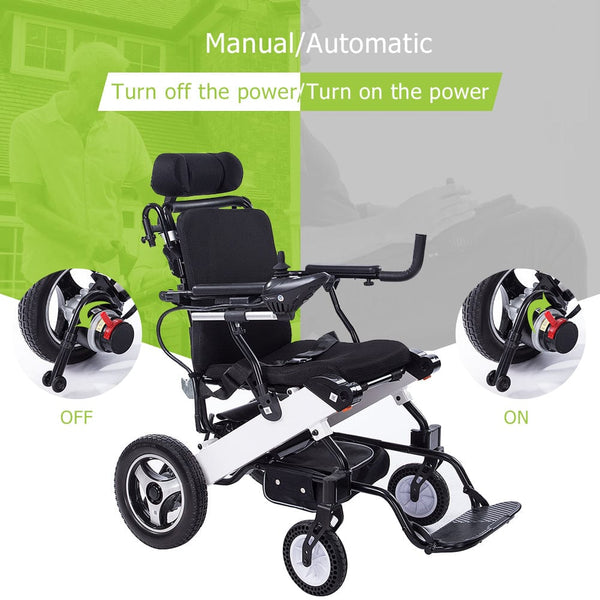Who should not use a rollator walker?
Jan 10, 2025
Today let's talk about who shouldn't use a rollator walker. It's important to know this to stay safe and choose the right mobility aid.
People with Severe Balance Problems
If someone has really bad balance issues, a rollator walker might not be the best choice. Rollators need you to have some stability and control to use them safely. If you're super wobbly, you could end up falling. For example, if you have a condition like Parkinson's disease, which affects your balance and movement coordination, using a rollator walker could be unsafe.
People Who Can't Stand
If you're unable to stand on your own due to illness or injury, using a rollator walker isn't a good idea. It could make you very tired or even cause you to fall accidentally. For instance, if you've recently had surgery and are not allowed to put weight on one of your legs, a rollator walker wouldn't be suitable.
People Who Need Firm Fixed Support
Some people need a really strong and fixed support when they walk, like what you'd get from a walker or crutches. Rollator walkers are great for providing some support and balance, but they might not be strong enough for everyone. If you need a more stable and fixed support, you should consider other options.
People with Specific Medical Conditions
Certain medical conditions can make using a rollator walker unsafe. For example, if you have restrictions on how much weight you can put on your legs (like after a fracture or surgery), you shouldn't use a rollator walker. This is because rollators aren't designed to carry a lot of weight, and using one incorrectly could cause more injury.
People with Weak Arms or Poor Grip Strength
Using a rollator walker requires some arm strength and good grip strength to control the walker and use the brakes. If your arms are very weak or you have trouble gripping, a rollator walker might not be the right choice for you.
People with Cognitive or Memory Issues
If you have cognitive or memory problems, using a rollator walker safely can be challenging. You need to remember how to use the brakes and maintain the right walking posture. If you have trouble with these things, a rollator walker might not be the best option.
Safety Tips for Using a Rollator Walker
If you do decide to use a rollator walker, here are some important safety tips:
Read the Manufacturer's Instructions: Every rollator comes with an instruction manual. Make sure to read it carefully to understand how to use and maintain your rollator.
ELENKER All-Terrain Upright Rollator Walker
Use the Brakes. Always make sure the brakes are on when you sit down on the rollator. Also, use the brakes while walking if you feel the rollator starting to get away from you.
Maintain the Right Posture. Stand upright and keep your feet between the wheels of the rollator. This helps maintain balance and stability.
Take Small Steps When Turning. When turning, take small steps and keep the rollator wheels on the ground. This prevents you from losing balance.
Avoid Stairs and Uneven Surfaces. Never use a rollator to go up or down stairs or on uneven surfaces. It's very unsafe and could lead to falls.
Alternatives to Rollator Walkers
If a rollator walker isn't right for you, there are other options:
Walkers. These provide more stable support and are great for people who need a lot of help standing and walking.
Crutches. If you need support for one leg, crutches can be a good choice.
Wheelchairs. For people with very limited mobility, a wheelchair might be the best option.

Knee Walkers. If you can't put weight on one leg but have good balance and strength, a knee walker could be a good alternative.

ELENKER Knee Scooter with Basket Dual Braking System
Choosing the right mobility aid is crucial for your safety and comfort. If you're unsure whether a rollator walker is right for you, it's always a good idea to talk to a healthcare professional like a doctor or a physical therapist. They can help you find the best solution for your needs. Remember, the goal is to stay mobile and safe!
I hope this helps you understand who shouldn't use a rollator walker and what other options are available. Stay safe and keep moving!






